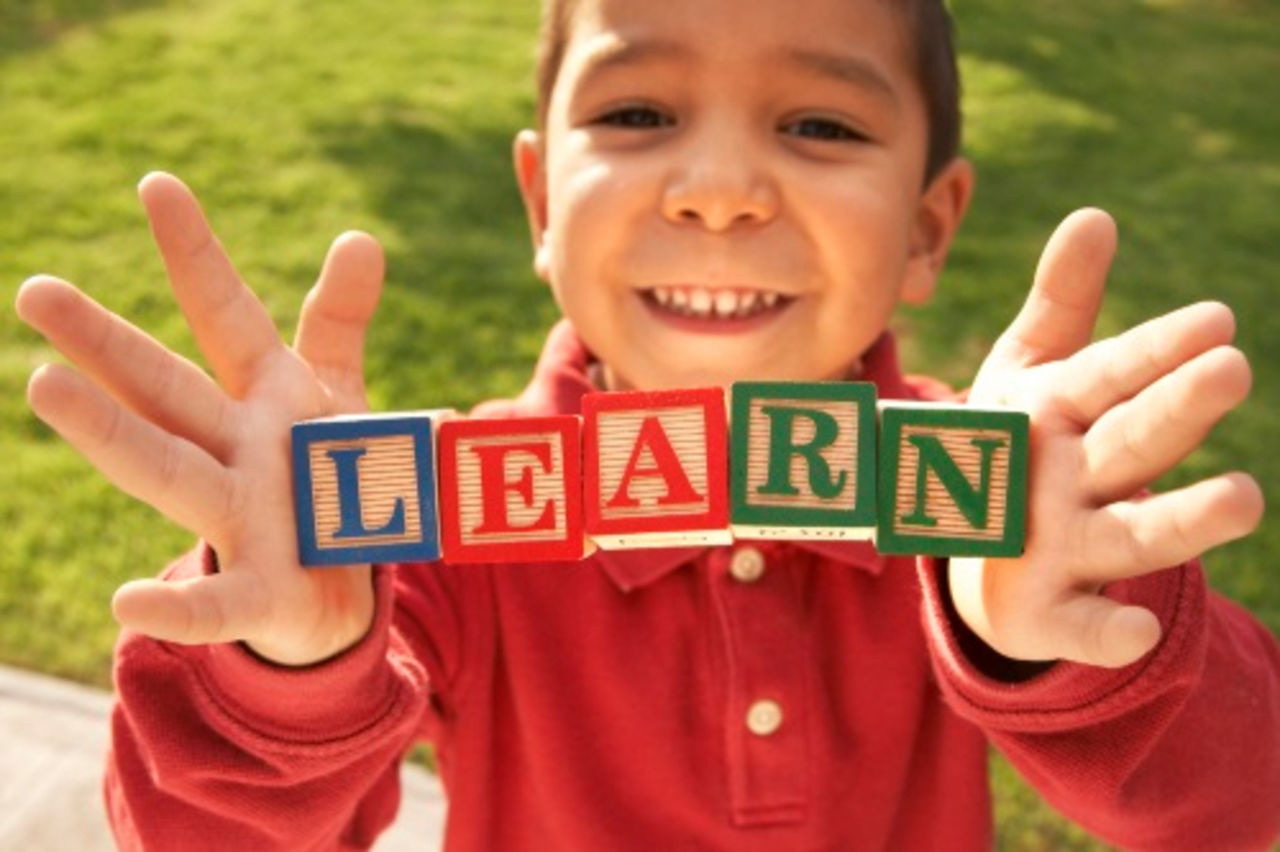Care Provider and Advocacy Training Series

The Care Provider and Advocacy training has been introduced in several WWO Regions – with a full implementation in Central Asia, India, and Paraguay. This training aims to help prospective foster, adoptive, and/or kinship parents be better equipped to receive children into their homes. This training series was originally part of the U.S. Institute for Human Services Trainings. It was developed by experts, is based on updated research and practice, and is widely used across the USA, Canada, and a number of other countries. This training series has been adapted by LAMb International’s Global Capacity Building Network (GCBN) team and WWO professionals over two years to “fit” an international audience. The series includes twelve (12) modules organized into four interconnected “parts,” each with one or more sequential modules. All modules support the three (3) foundational goals of child welfare practice (Safety, Permanence, and Well-being) as noted below:
- Module 1: Welcome & Orientation to Foster, Kinship & Residential Care & Adoption (3 – 4 hours)
- Module 2: Promoting Advocacy Through Information & Support (3-4 hours)
Part 1: Promoting Well-being for the Child
- Module 3: Promoting Healthy Parent-Child Attachment (3 hours)
- Module 4: Reducing the Trauma of Arriving into the Place of Care (3 hours)
- Module 5: Understanding Cultural Differences in Place of Care: Bringing the Birth Family In (3 hours)
- Module 6: Promoting a Child’s Resilience (6 hours)
Part 2: Promoting Child Safety
- Module 7: The Effects of Maltreatment on Child Development (4 hours)
- Module 8: Impact of Trauma on Parent-Child Attachments & Child’s Behaviours (4 hours)
Part 3: Promoting Permanency for Children & Families
- Module 9: Understanding Birth Families & Connections for Children (5 hours)
- Module 10: Impact of Long-Term Separation on Children (4 hours)
- Module 11: Permanency Issues for Care Providers (4 hours)
PART 4: Promoting Care Giver’s Wellbeing & Advocacy
- Module 12: Effects of Caregiving on the Care Provider’s Family & Overcoming Secondary Traumatic Stress (6 hours)
Training Series Delivery: The training series is designed to be coordinated and delivered by a national team of care providers/professionals who are specifically trained as “master trainers” for one or more of the 12 skills-based modules. “Master trainers” typically complete eight or more hours of intensive hands-on practical training through the GCBN and/or WWO.
Training Series Skills: At the end of the training series, care providers will have built their capacities to train in the skills shown here.
- Can accurately self-assess if caregiving or adoption is the right choice for themselves and their family.
- Can describe and understand the importance of the child welfare goals of safety, permanency, and well-being and describe their role in supporting these goals for children in their home/facility.
- Have a foundational understanding of their own child welfare system, the role that caregivers play in this system, and the importance of teaming with the professionals, primary family, child and others involved in a child’s life to promote safety, well-being, and permanence.
- Have a beginning understanding of the negative impact of childhood trauma on a child’s key developmental tasks of attachment, initiative, and self-regulation and know how to effectively respond to a child’s underlying needs and not just their presenting behaviors.
- Can explain the need to parent differently based upon the child’s trauma history and know how to effectively use the seven (7) essential elements of trauma-informed caregiving with vulnerable children whether they are a temporary foster parent, kinship parent, group care worker, or adoptive parent.
- Can explain how a caregiver’s respect for the cultural diversity of the child and the birth family impacts placement success and child welfare goals.
- Can explain the importance of, and can describe their role in, placement stability, enhancing birth family connections, reconciliation (where appropriate) and permanency.
- Are aware of how long-term separation and disrupted emotional attachment with a birth family may affect the child’s behavior and development and can design strategies for children to identify new ways of relating to a new family.
- Understand adoption dynamics impacting families, including the emotional conflicts adoptive parents may have after the adoption and how a child’s emotional issues might impact the long-term adjustment of the family, along with understanding how to access the services and resources in their community to support this transition.
- Understand the typical causes & indicators of secondary traumatic stress (STS) associated with working with traumatized children, understand how to sustain ourselves when working with traumatized children, and conduct a self-assessment as a prerequisite to identifying personal strategies to prevent and address STS.
To access this Training of Trainers Series – contact info@worldwithoutorphans.org.